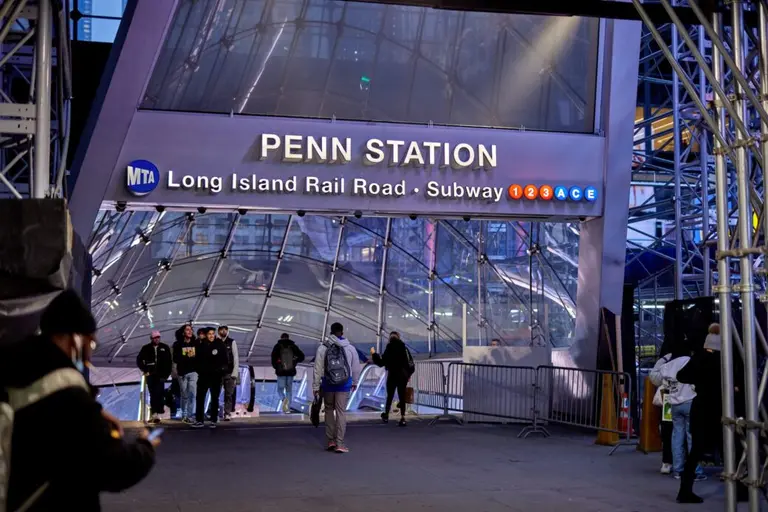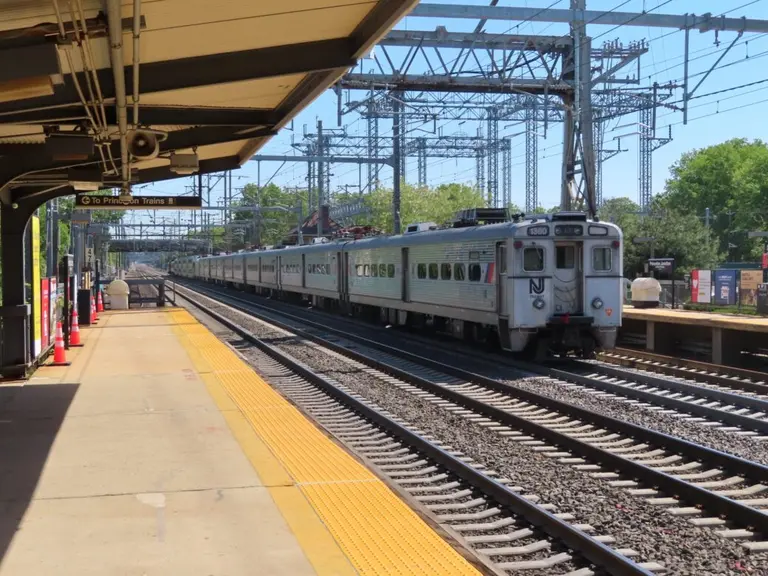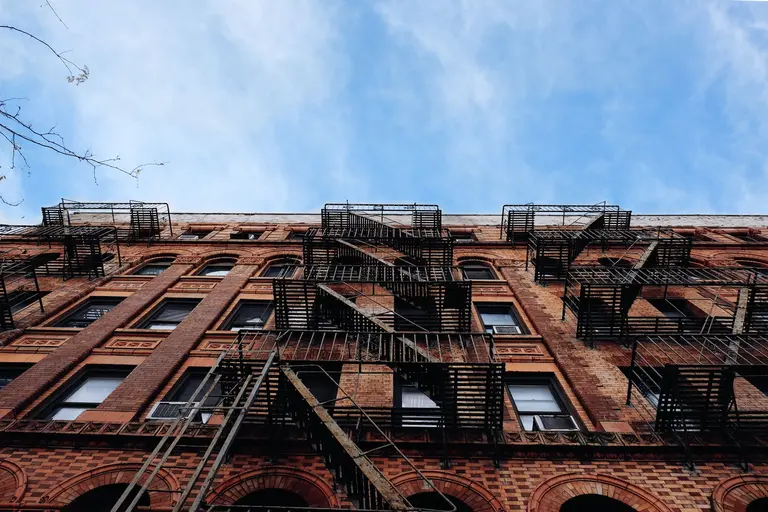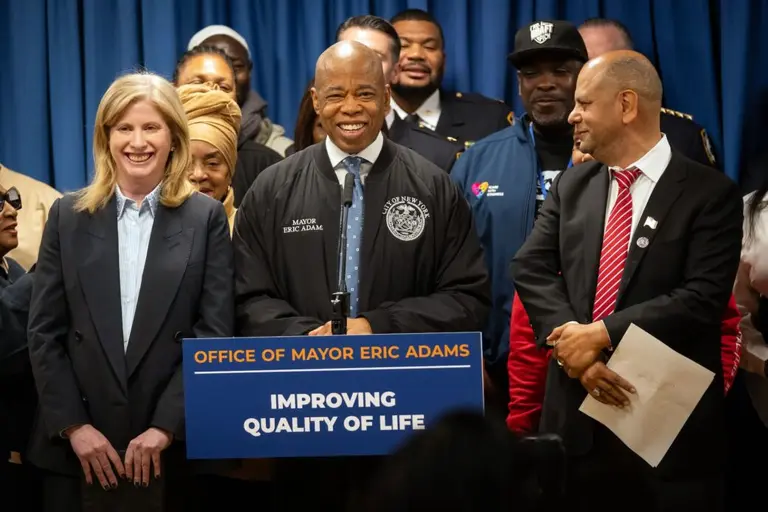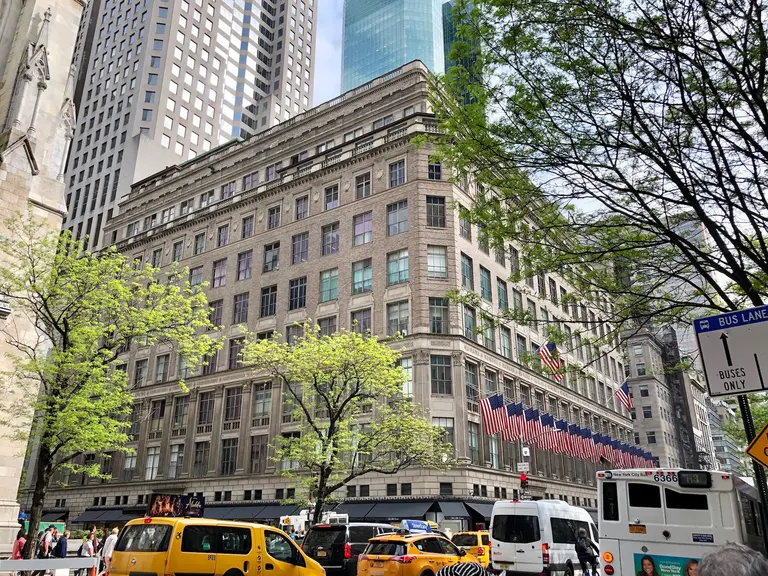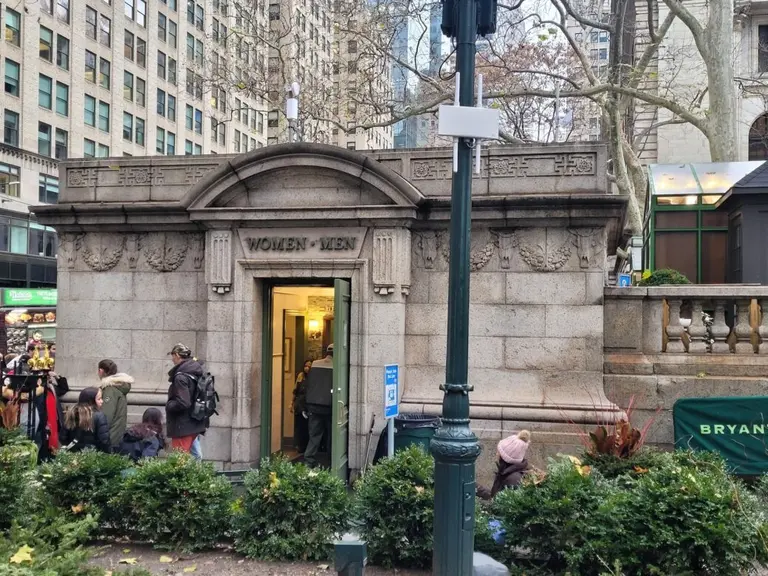City Council Will Vote on Controversial Changes to the Landmarks Law
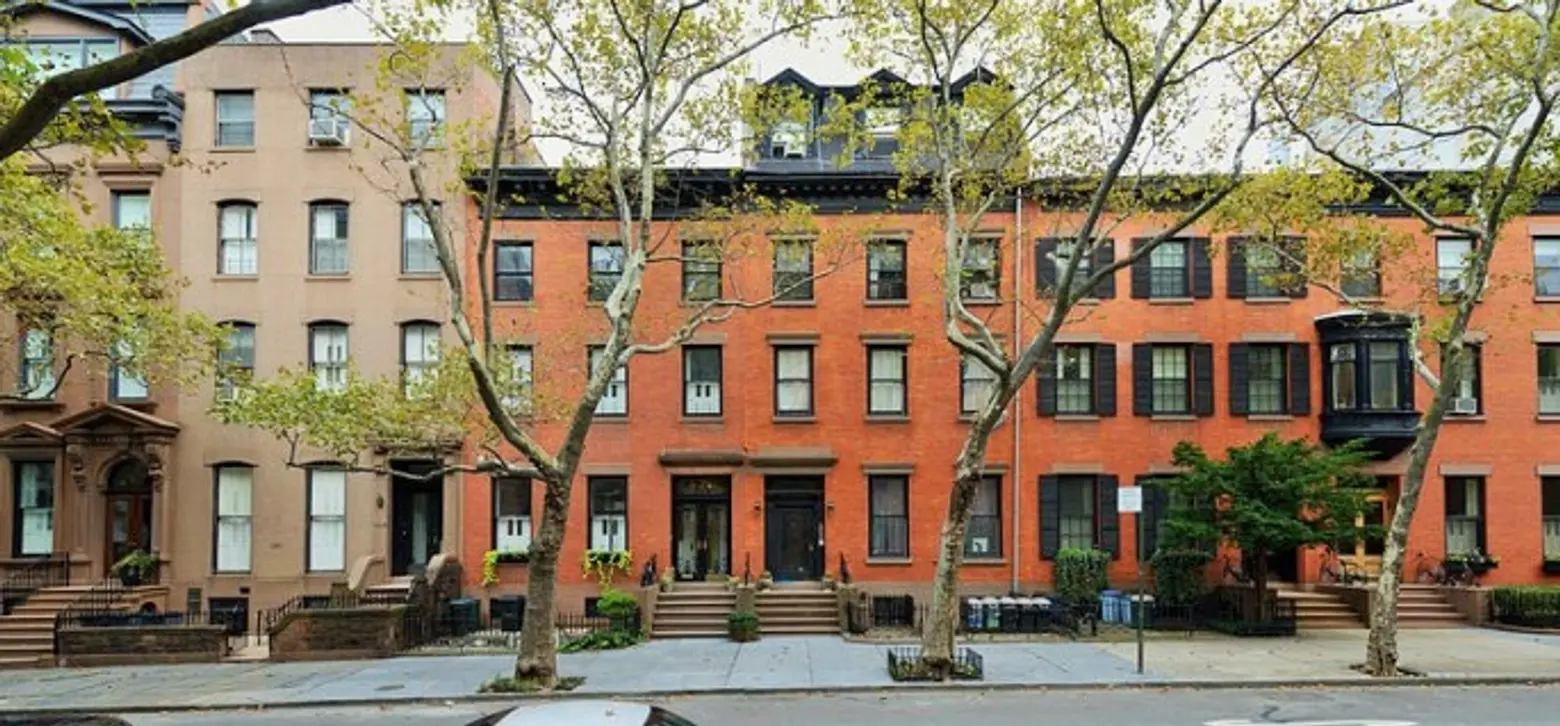
Over the past couple years, preservationists have waged two big battles pertaining to the 51-year-old landmarks law. First, there was Landmarks Preservation Commission’s decision to de-calendar 95 historic sites–in other words, remove them from the “waiting list” to be considered for landmarking, leaving them in jeopardy. The LPC eventually withdrew this plan after massive public outcry, but then proposed a bill, Intro. 775, to implement timelines for reviewing possible landmarks, which was met with criticism again for a perceived catering to developers who want to demolish or alter a property. The proposal stalled, but the Council is back at it, now “proposing a half-dozen recommendations to simultaneously streamline and expand the landmarks process” that they will vote on this month, reports the Times.
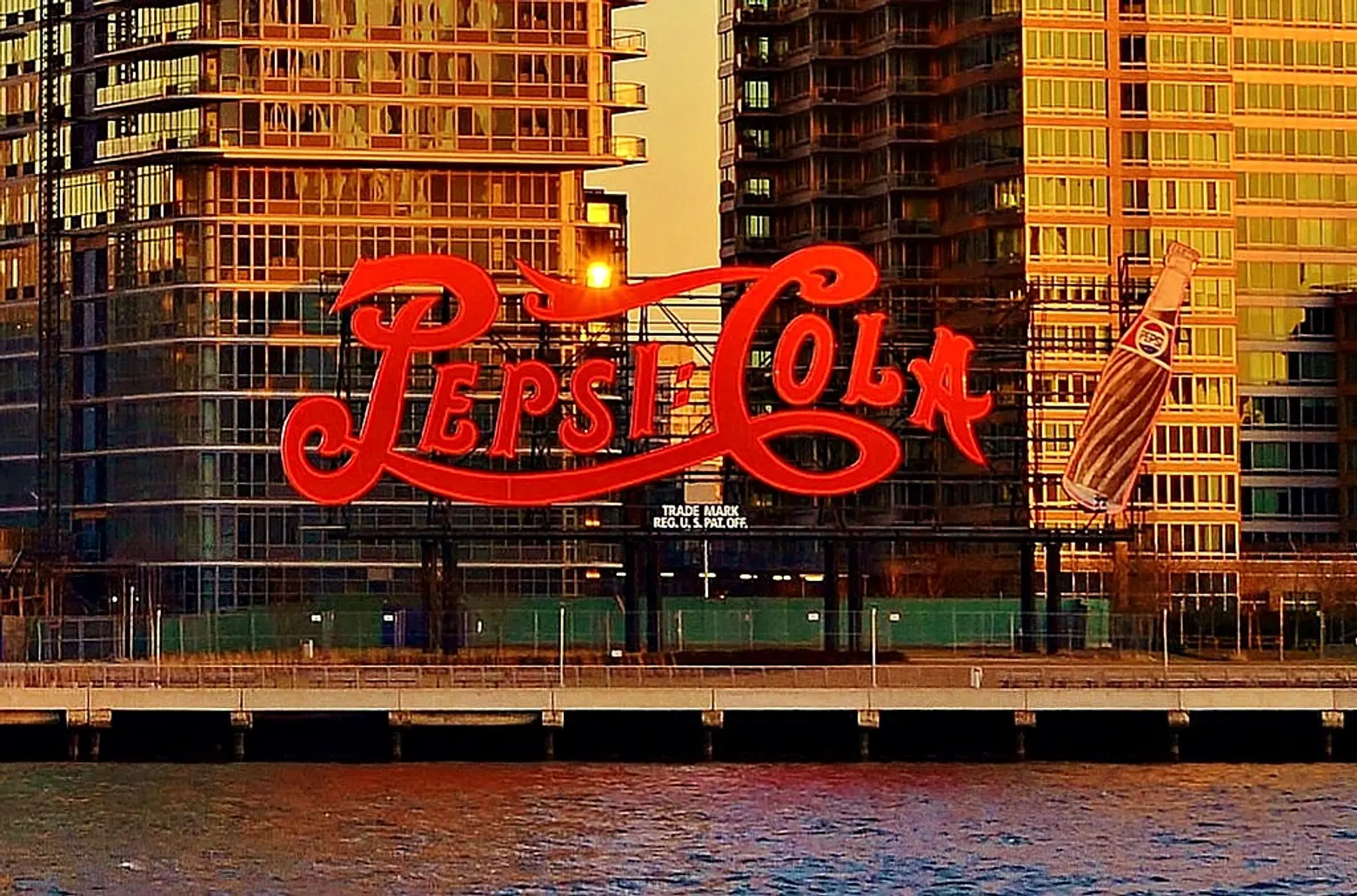
Long Island City’s Pepsi sign, one of the 95 sites considered for de-calendaring (it was since made an official landmark)
The proposals are part of a 37-page report released today called “Landmarks for the Future” that the Council hopes will “protect historic buildings while promoting new ones.” The biggest change would be a public review timeline, similar to what was proposed last year. Individual properties would have to be approved within one year and historic districts two years. The LPC feels this is a necessary measure to streamline the process, but the Greenwich Village Society for Historic Preservation feels differently:
If the LPC fails to act within that timeframe – because more time is needed, because a well-connected developer or institution has managed to delay the process, or because the proposal is complicated or controversial, and requires more study – the site is automatically not landmarked, after which time a developer can simply get demolition permits which would make landmarking impossible.
On the flip side, the bill would eliminate a previously proposed “five-year moratorium” on reconsidering properties that did not receive landmark status. It would also add protections to sites as soon as they’re being considered. Currently, owners are notified when this occurs, giving them time to apply for demo permits before their property is officially calendared. The fourth point is increased transparency, requiring the LPC to provide additional information about application statuses. Fifth is to designate more cultural landmarks, those that have significant social or historic value, but may not be architecturally significant. And finally, the bill would explore ways to ease the burden on owners of landmarked properties. This could include grants, tax credits, or allowing the sale of more air right, which are currently restricted to adjacent properties.
[Via NYT]
RELATED:
- Landmarks Drops Proposal to De-Calendar Nearly 100 Historic Sites After Public Outcry
- New Studies Show Historic Preservation Doesn’t Cause Gentrification Woes
- Crimes Against Architecture: Treasured NYC Landmarks Purposely Destroyed or Damaged
- New Landmarking Proposal Would Automatically Consider Any 50-Year-Old Building for Designation

